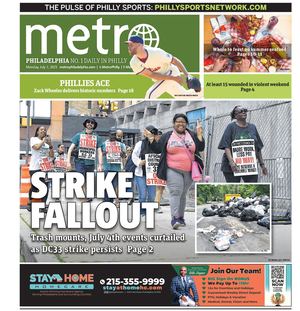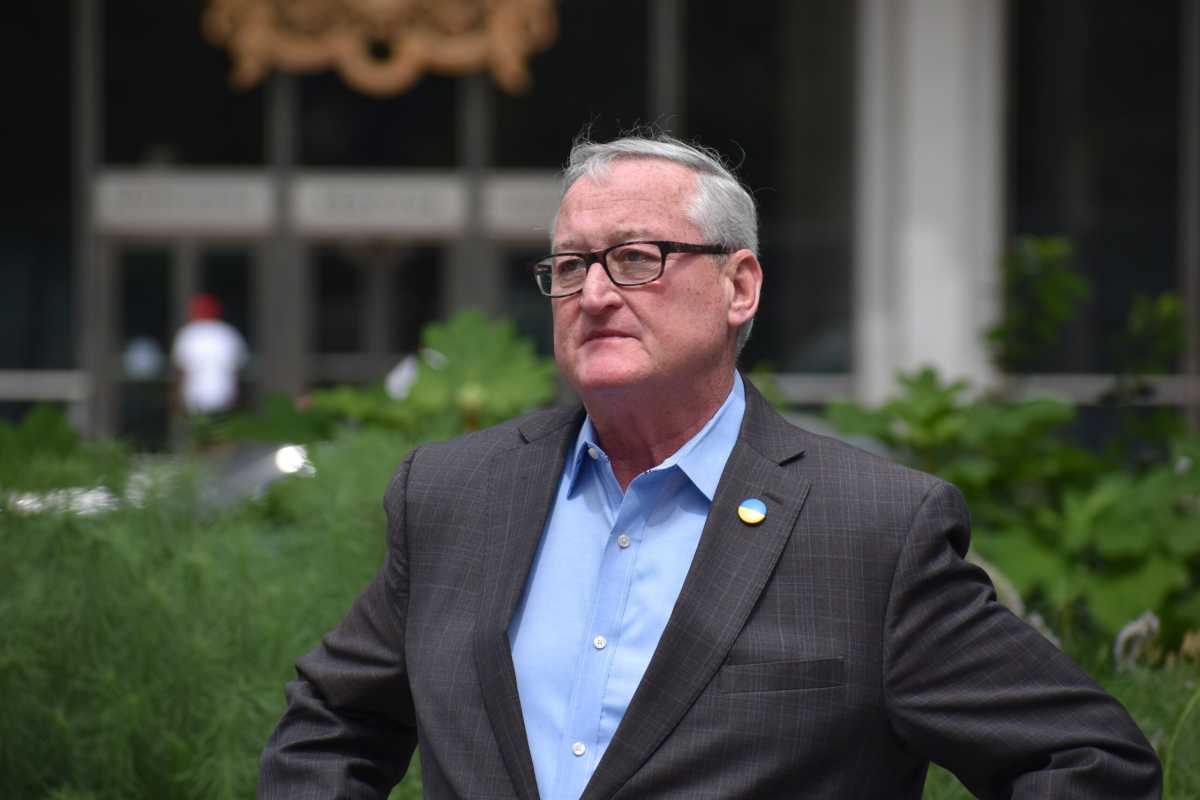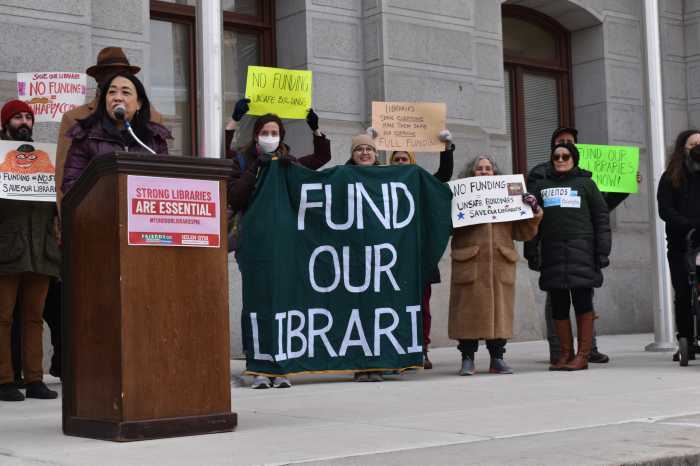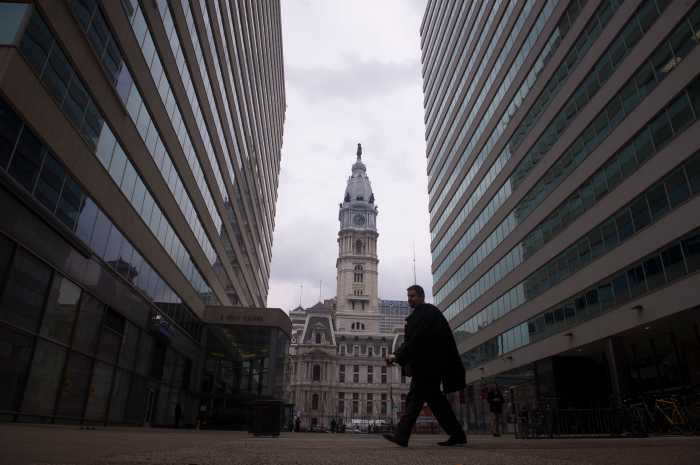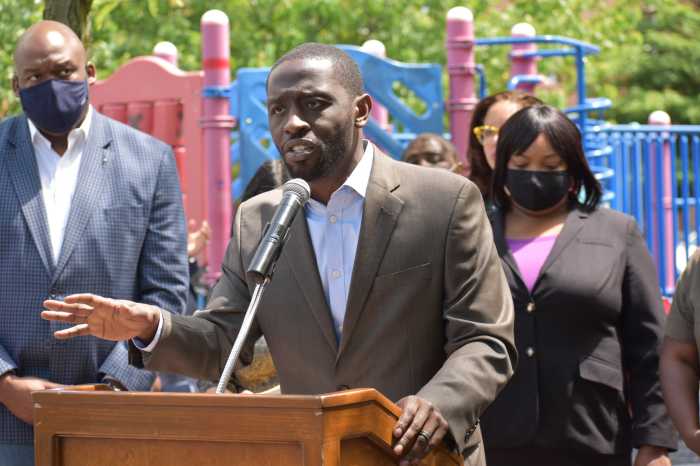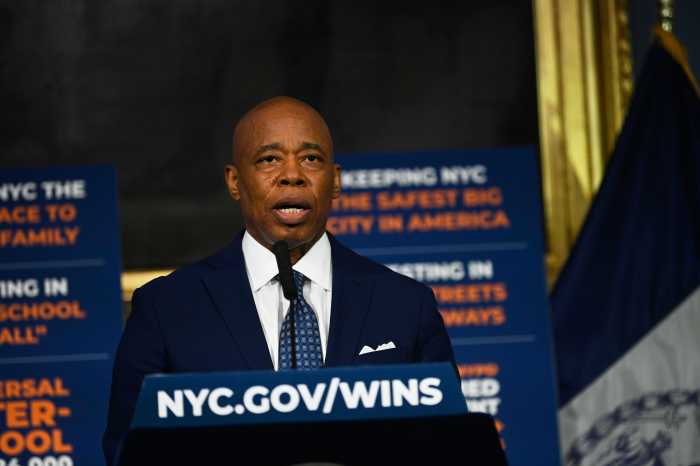Mayor Jim Kenney is set to veto a bill passed earlier this month that imposes a zoning restriction prohibiting supervised injection sites from opening in nine of Philadelphia’s 10 City Council districts.
Council approved the bill 13-1 at its Sept. 13 meeting, and lawmakers are expected to override the veto with a two-thirds majority vote, possibly as early as Thursday.
Kenney, in a letter that will be transmitted to lawmakers at their session on Thursday, described the legislation as “troublingly anti-science and misleading.” He went on to compare the fight to open a center with the movement to desegregate schools.
“What is not appropriate… is handing the approval of any OPC at all to the loudest voices in the room,” Kenney wrote. “History has shown time and again that making the right policy choice – school desegregation, for example – cannot always be outsourced to public opinion if we hope to make progress as a society.”
The bill’s sponsor, Councilmember Quetcy Lozada – who represents Kensington, the neighborhood most affected by the opioid epidemic – said in a statement Wednesday that Kenney “is once again suppressing the community’s voice.”
“It is of critical importance that City Council address Mayor Kenney’s complete disregard for the voices of constituents in almost every corner of this city,” she added.
The legislation creates a zoning overlay banning injection sites from being established by-right in every council district except Councilmember Jamie Gauthier’s 3rd, covering parts of West and Southwest Philadelphia.
Under the law, if injection site organizers wanted to open anywhere else in the city, they would need to file for a variance, which requires meeting with a registered community organization and going before the Zoning Board of Adjustment.
Proponents of the bill have argued that the overlay would give neighbors a greater say in the process.
“If any organization wants to open an injection site, they have an avenue, they should not feel any qualms about presenting their pitch to the community,” Lozada said.
Kenney, in the letter, argues that the legislation creates an unnecessary hurdle for a life-saving intervention.
“Extensive scientific research on OPCs around the world has shown that OPCs save lives, improve access to treatment and recovery, and reduce public outdoor drug use and biohazardous waste in the surrounding areas,” he wrote.
At injection sites, which have opened in New York City and in other countries, people bring in drugs and use them under the supervision of personnel trained to reverse overdoses. The centers can also offer access to health care, drug treatment services and other resources.
Last year, 1,413 people died of accidental drug overdoses in Philadelphia, an 11% increase compared to 2021 and the highest number ever recorded, according to the city’s Department of Public Health.
Safehouse, a local organization, has sought to open an injection site in Philadelphia; however, the organization has been locked in litigation for years, with a case pending in federal court.
Kenney’s veto was unsurprising, given his administration’s longstanding support for an injection site. His likely successor, Democratic mayoral candidate Cherelle Parker, applauded the legislation when it passed.
